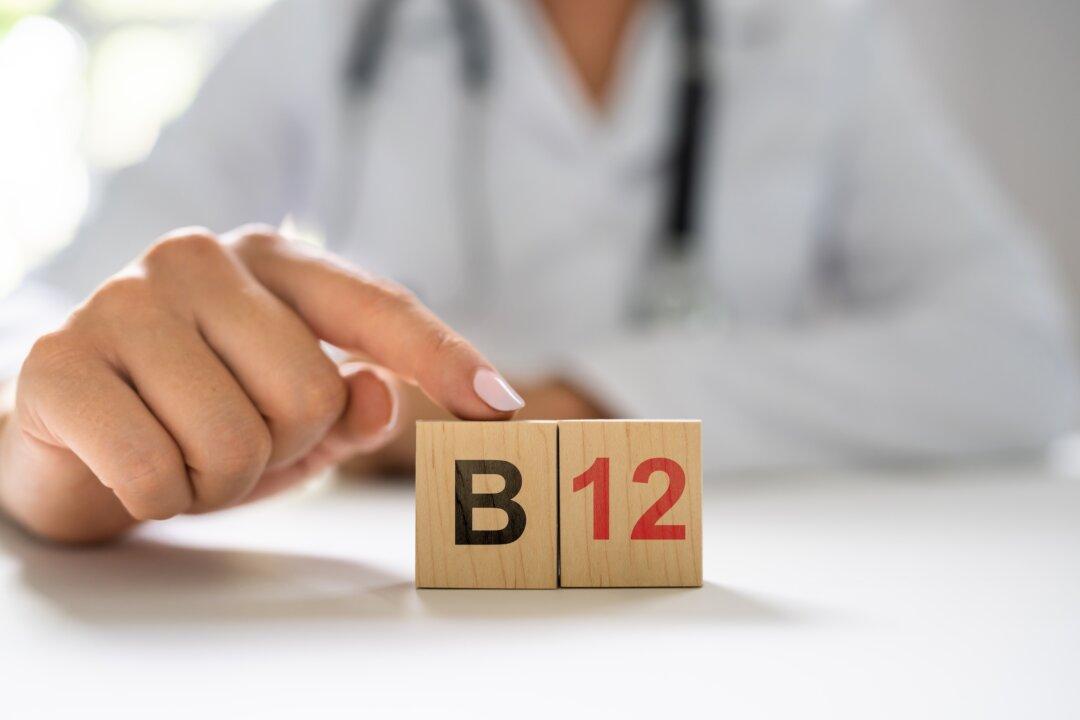Let’s face it... our current medical industry loves pills.
When you go to the doctor for any kind of discomfort with any kind of diagnosis, chances are that the doctor will write out a slip of paper and send you to the pharmacy. Every illness, every injury, every bodily inconvenience has some kind of corresponding medication for us to take. So that’s what we’ve done for the greater part of the last century. It’s tempting to think that we can be “fixed” by medication because it’s quick and easy. That’s why the United States pharmaceutical market was valued around 446 billion U.S. dollars in 2016 alone.[1]






